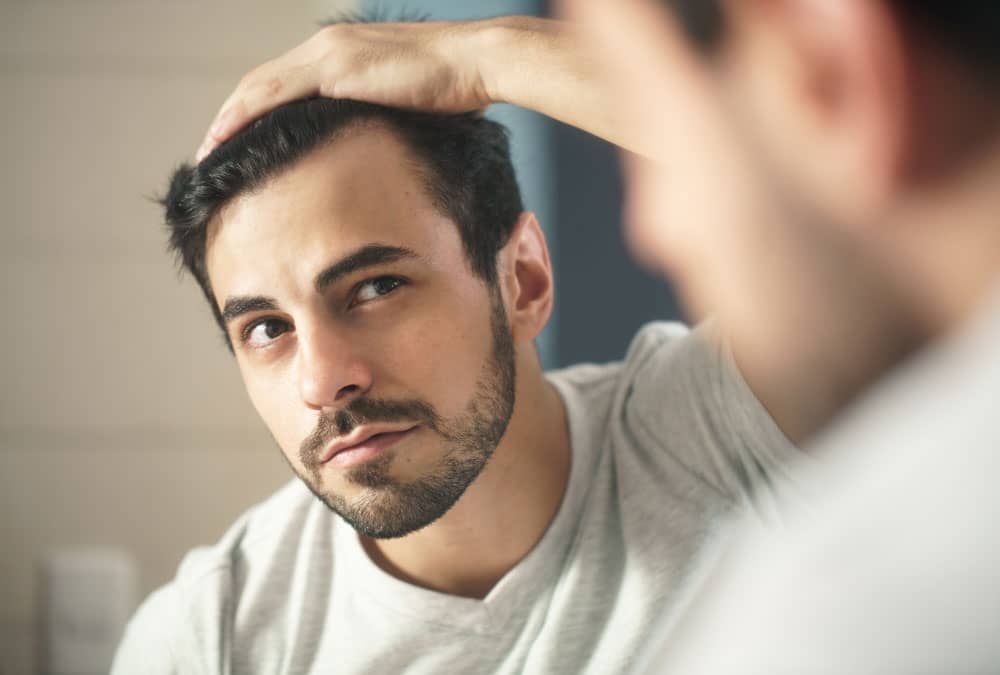
What’s happening? Why am I losing my Hair?
Hairloss is an extremely stressful issue to be faced with at any age and it can occur for any number of reasons. Besides the most obvious being hereditary baldness in men, hair-loss can affect both men and women due to diet, stress, environment, health issues and pregnancy to name but a few.
Despite growing trends that see men shaving their heads completely to embrace the baldness and hide the fact it wasn’t their choice, surveys still show that men would rather have a full head of hair than money or friends. But not everybody suits a shaved head and where does this leave women suffering with hair-loss?
As with any problem, in order to solve it, you must first understand the underlying drivers. Do your research, read up as much as you can, analyse your own lifestyle and unique situation and see what obvious changes you can make to your daily routine to stem the loss of hair.
The following are a few pointers to get you started. You will soon realize that some drivers are easily modified (such as diet) while some are way out of our control (pregnancy).
We will be following this article with a more in-depth synopsis of hair-loss drivers and treatment options available.

1. Medical Reasons
First and foremost you should establish with your Doctor if there is an underlying medical condition causing your hair-loss. Maybe alopecia runs in your family? Iron deficiency, thyroid issues, malnutrition and scalp infections among other things, can all be responsible for hair-loss and it is important to seek medical advice to rule these things out.

2. Diet
We live in an age where it seems everyone is either on a diet or has dietary requirements, be sure that you are on the best diet for you. Whether it is for health, religious or social and ethical reasons, it is important to fully understand the repercussions to your health of any dietary changes you undertake.
Iron, Zinc and Vitamin E are all essential to support healthy hair growth and as mentioned earlier Iron deficiency is the most common form of diet related hair-loss. Vitamin B12 is also essential and deficiencies are becoming more common as more people adopt vegan/vegetarian diets, putting more of the population at risk of hair-loss. Hair-loss can also stem from simply not getting enough calories or protein.
A healthy balanced diet is always recommended and cutting foods out of your diet for one reason may cause issues of another kind, so keep yourself informed as poor diet and nutrition are well known causes of hair-loss. Make sure you are getting an adequate level of protein each day and consider iron and B12 supplementation if you follow a vegan diet.

3. Stress
Let’s face it, whether it’s warranted or not we all have too much stress in our lives and stress accounts for a large proportion of people suffering hair-loss. There are a range of techniques to deal with stress so you just have to try them all and see what works. Here is one we recommend:
Make a list of all the things in your daily life that cause you to stress, big and small.
Now starting with the list of small items look at how you can can eliminate, or simply acknowledge the stressors. sometimes it’s stressing over an accumulation of small things that leave us exhausted and unprepared to cope with the bigger issues at hand. Read “The subtle art of not giving a f**k” by Mark Manson to learn how liberating it is to let some things slide of your list of cares.
If you sit and put your mind to it you’ll be surprised how many of the little things you can deal with by making small changes to the way you do or think about things and with small nagging stresses out of the way you’ll find your mind clearer and better able to deal with those larger issues. Don’t be afraid to ask for help.
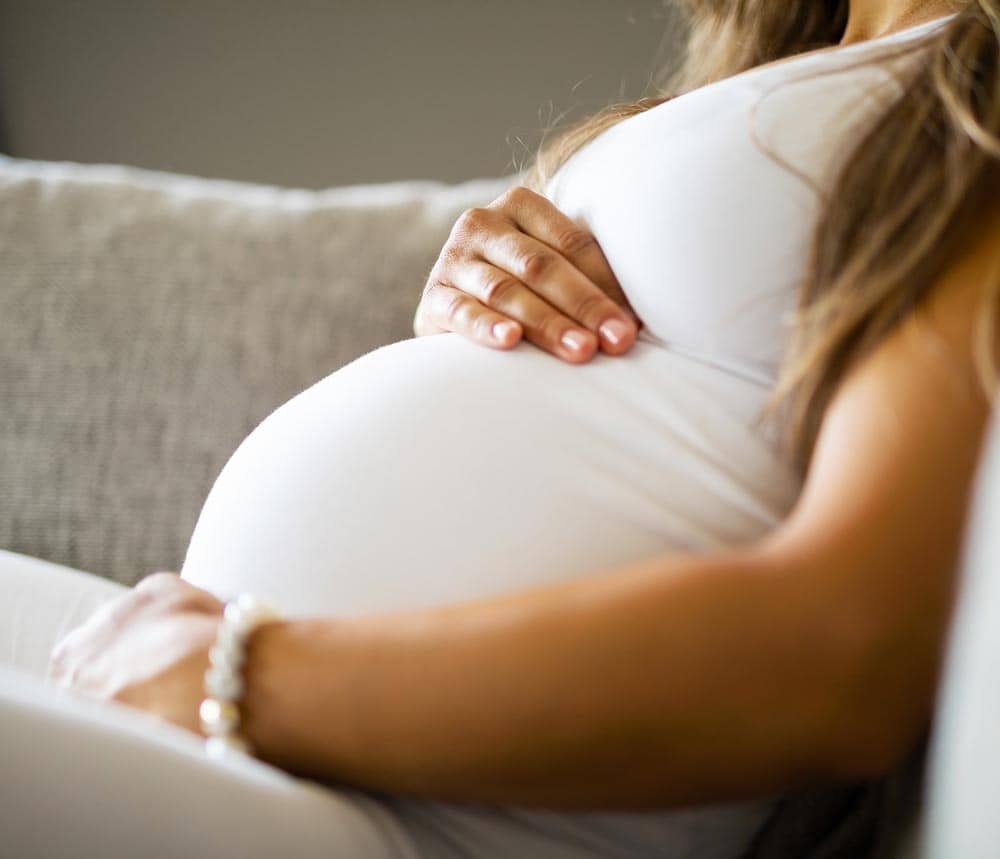
4. Pregnancy
Fluctuating hormone levels around pregnancy can have an effect on the hair phase. Studies show an increase of hair growth (anagen phase) during pregnancy and increased hair-loss (telogen phase) following delivery.
Following delivery, some may experience a gradual thinning while for others it may come out in alarming quantities whilst washing or brushing their hair. This may be a temporary form of hair-loss but it certainly doesn’t make it any less horrifying for the women concerned and with the added stress that often comes with a new born the issue can be compounded.

5. Environmental issues
For some of us exposure to harsh weather conditions, smoking, chemicals and pollution can also cause hair-loss and unfortunately it is often as we age or those of with the most sensitive constitutions that suffer.
Sometimes it’s the very things we do to our hair to keep ourselves looking hot and trendy that end up being the very reason it’s falling out.
Overuse of product can lead to the delicate hair follicles on the scalp becoming clogged and damaged and reducing the blood circulation in the scalp which is essential for healthy hair growth. The shaft of hair too can become coated in product, which often then requires product strippers to take it back to its natural state.
And of course there are countless other things we willingly do to our hair and scalps that leave them working at a diminished capacity. Washing hair in water that’s too hot or with shampoo containing overly harsh surfactants, hair dryers, curlers, straighteners, perming solutions, styling gels, fudges and hair dyes, it’s a wonder our hair grows at all.
So what can be done? Is there any hope for me?
The short answer is yes, of course there is. We are lucky enough to live in an age of scientific enlightenment and if your hairloss is caused by a medical issue, chances are your Doctor will find it. Even for those suffering from hereditary alopecia (see our article titled “Hairloss: So what’s this DHT thing? Do I have it?”) there are ways to slow or reverse this process.
For those cases caused by stress, diet, or environment, the steps to protecting yourself from hairloss are all in your hands.
In addition to behavioral changes such as reducing stress levels and increasing the nutritional level of our diet, there are an ever-increasing amount of supplements formulated specifically to address hairloss with both synthetic and herbal formulations. Don’t be afraid to have a quick chat with staff at your local health store, most are very knowledgeable, and many have a nutritionist or herbalist on staff that you can consult with to discuss your specific requirements. When choosing a supplement look for key ingredients like Saw Palmetto, Biotin, Iron, Zinc, and Vitamin E. (See below for more information on these ingredients).
- International Society of Hair Restoration Surgery, 2009
- Guo, E. L., & Katta, R. (2017). Diet and hair loss: effects of nutrient deficiency and supplement use. Dermatology practical & conceptual, 7(1), 1-10. doi:10.5826/dpc.0701a01
- Woo, K. S., Kwok, T. C., & Celermajer, D. S. (2014). Vegan diet, subnormal vitamin B-12 status and cardiovascular health. Nutrients, 6(8), 3259-73. doi:10.3390/nu6083259
- Tsai AG, Wadden TA. The evolution of very-low-calorie diets: an update and meta-analysis..Obesity (Silver Spring). 2006 Aug;14(8):1283-93. Review.
- Peters EM, Arck PC, Paus R. Hair growth inhibition by psychoemotional stress: a mouse model for neural mechanisms in hair growth control. Exp Dermatol. 2006 Jan;15(1):1-13. Review.
- Gizlenti S, Ekmekci TR. The changes in the hair cycle during gestation and the post-partum period. J Eur Acad Dermatol Venereol. 2014 Jul;28(7):878-81. doi: 10.1111/jdv.12188. Epub 2013 May 20.
- Horev L. Environmental and cosmetic factors in hair loss and destruction. Curr Probl Dermatol. 2007;35:103-17. Review.
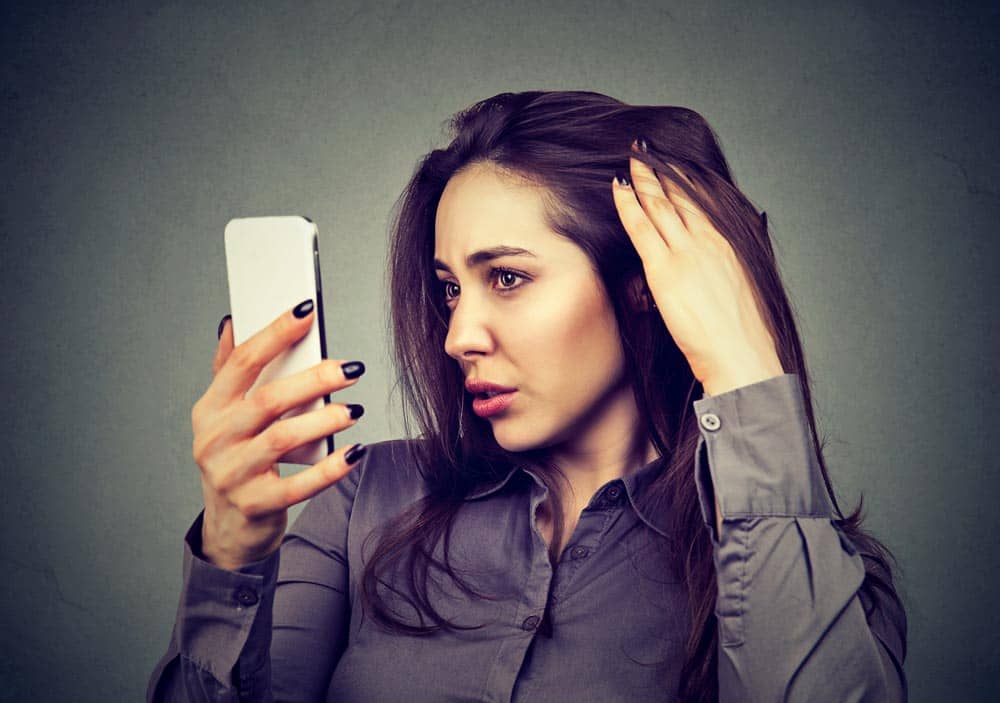
There are also a huge variety of topical treatments on the market today too. Many are marketed as “Volumising” hair products but have in-fact been formulated specifically for hair-loss and are available as shampoos, conditioners, sprays or creams. The trend is very much leaning toward natural products and once again it’s important to look at key ingredients widely accepted and researched in their ability to aid in cleaning out damaged hair follicles, increasing micro-circulation in the scalp, and promoting stronger healthier hair growth.
You’ll be looking for ingredients like Saw Palmetto, Biotin, Caffeine, Ginger Root, Rosemary, Lavender, Peppermint to name a few. Below I’ve listed a few of these ingredients and what role they play in keeping your hair on your head.
Whatever the reason for your hair-loss, you are not alone and you need not suffer, help is out there.
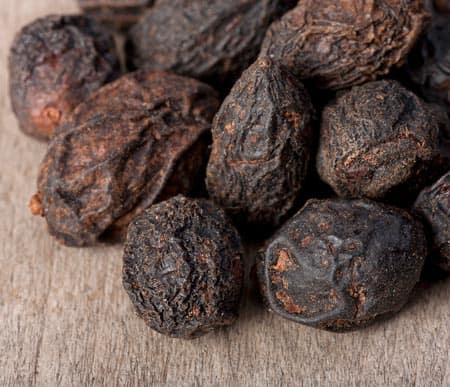
Saw Palmetto:
Simply put, DHT is a molecule that is responsible for hair-loss (for a better understanding of DHT and what it does, see blog post “What is DHT? And do I have it?”). Saw Palmetto is a small radial palm from South America whose berries contain properties referred to as DHT blockers and is now widely used and deemed affective in both supplements and topical treatments.
Biotin:
Biotin, or Vitamin B7, is a water-soluble vitamin naturally occurring in foods such as meat, nuts and eggs. Biotin acts as a coenzyme in many biological processes including those associated with hair growth. It has long been used to help hair feel thicker.
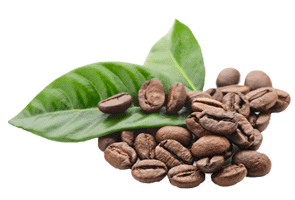
Caffeine:
Caffeine is effective in hair growth by several different means. It heats and stimulates and helps to increase micro-circulation in the scalp and promotes healthier and more prolific hair growth.
Chamomile Extract:
Chamomile is a member of the daisy family and has been used for hundreds of years as a healing herb for a variety of ailments, particularly skin conditions and anxiety. The extract is packed with flavonoids such as apigenin which can penetrate deep into the skin and act as an anti-inflammatory, creating a healthy environment for hair roots.
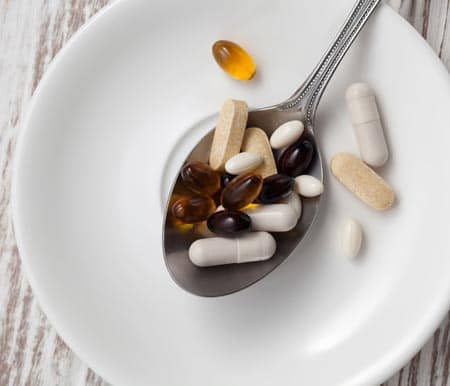
Vitamin E Oil:
Vitamin E is a naturally occurring fat-soluble antioxidant found in foods such as nuts and seeds. It is important because it scavenges free radicals that would otherwise damage our cells. Patients with hair loss typically exhibit lower levels of antioxidants in their scalp and Vitamin E may help reduce the effects of oxidant damage on the hair follicles.
Lavender Extract:
Taken from the fragrant lavender plant, lavender essential oil is a popular remedy for insomnia and anxiety. It has also been become a popular means of controlling sebum and moisture balance in hair. Its antimicrobial properties make it a good candidate for maintaining a healthy scalp and hair root system.
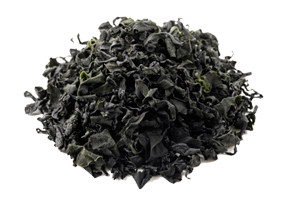
Algae:
Seaweed Extract or Algae, has a particularly high nutrient content, containing calcium, iodine, magnesium, iron, potassium, vitamin A, B1, B6, B2, C and niacin. It provides powerful antioxidants and essential fatty acids required to help prevent damage to skin cells in the scalp by preventing damage to amino acids and protecting the cell membrane. Its potent re-hydrating ability will nourish and replenish hair to stop it becoming brittle. Seaweed Extract will increase shine without causing hair to become greasy or limp.
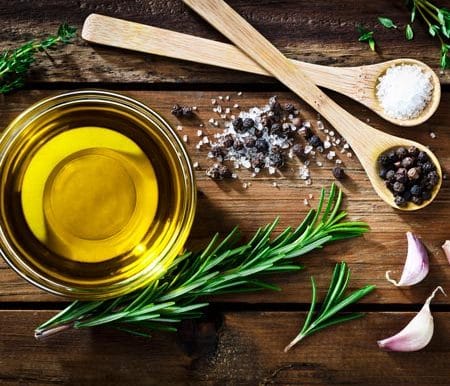
Rosemary:
Rosemary is a herb used for both food and healing. Native to the Mediterranean region, an essential oil can be extracted by distilling and concentrating the plant compounds. Mediterranean culture has used rosemary essential oil for centuries in hair rinses to promote hair growth. Rosemary essential oil has found by a number of studies to reverse hair-loss in patients experiencing androgenic alopecia. Compounds within rosemary leaf have been found to effective in reducing the ability of DHT to bind to androgen receptors, thus protecting the hair follicle.

